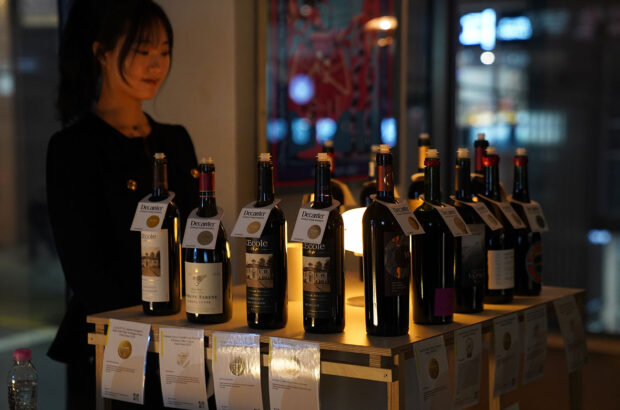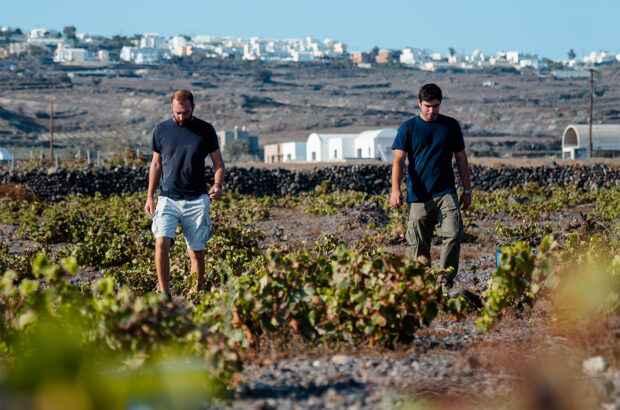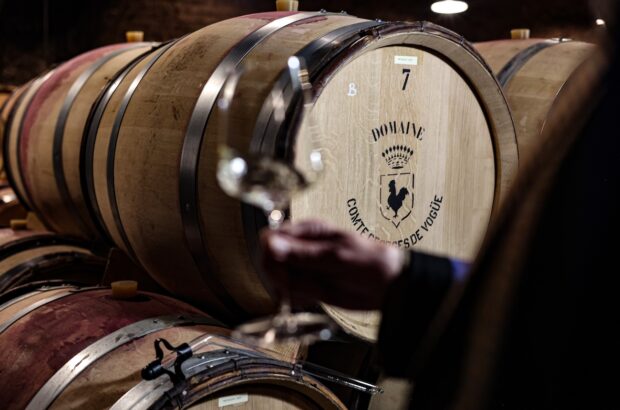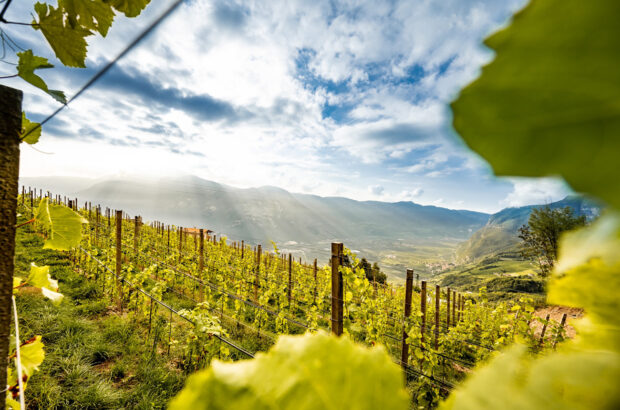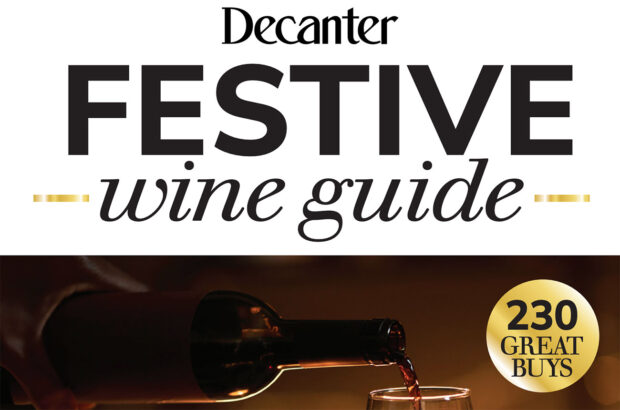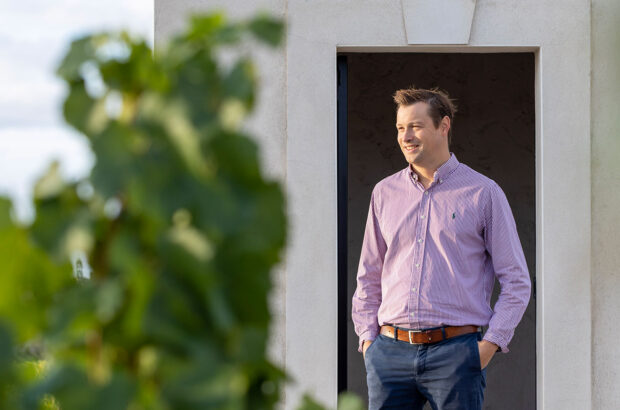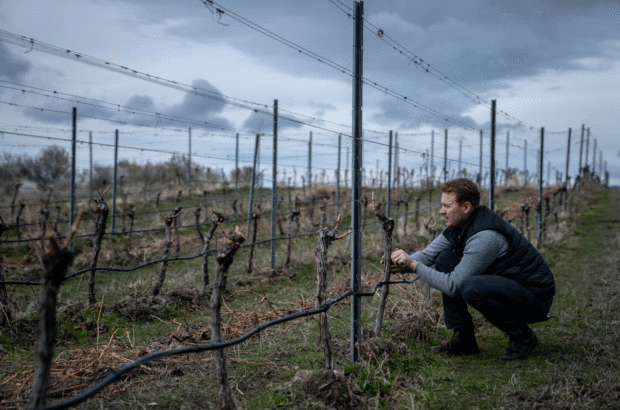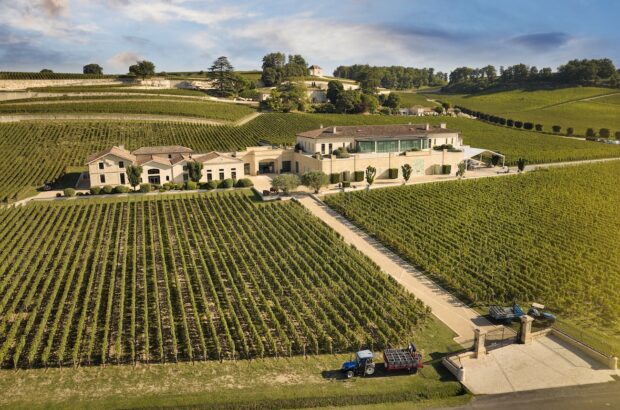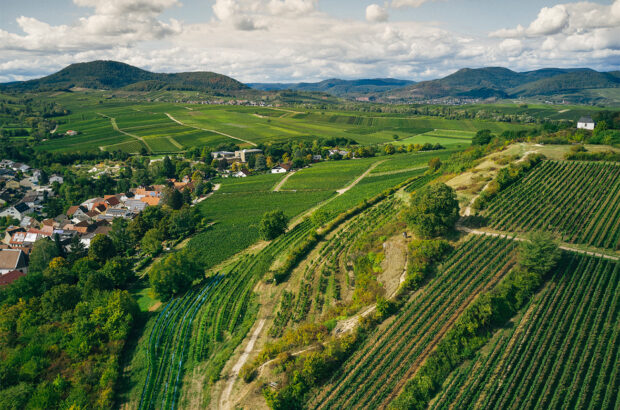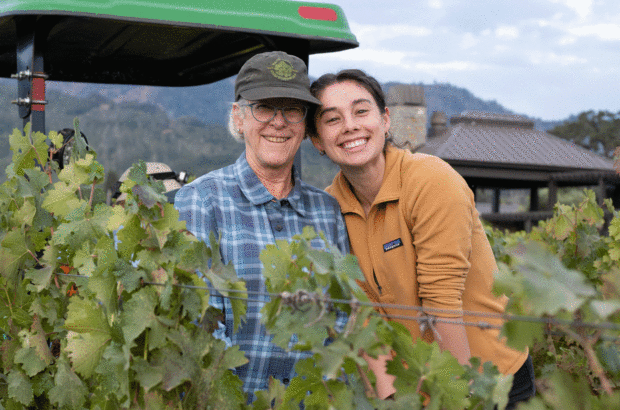Sam Linter is winemaker at Bolney Wine Estate, the Sussex winery founded by her parents, Janet and Rodney Pratt, which celebrates its 50th anniversary this year. Her daughter Charlotte Linter has followed Sam into the family business as tourism manager. Sam is also the current chair of WineGB.
‘Nobody really knew what they were doing in the late 60s and early 70s in the UK. And we just had this massive learning curve. I remember it being really really challenging to grow good quality grapes in the UK at that time. We didn’t know anything about canopy management, didn’t know anything about the soils to plant on, vine spacings, what we were doing with any kind of vine husbandry.’
‘But time moved on and we learned more. It became a very collaborative industry because nobody knew what they were doing. So they all met together to talk about successes and failures. And that’s really carried on… It is still a pretty collaborative industry.’
‘I did not want to follow my parents into wine! When I got to secondary school, and I started saying that my parents had got a vineyard, I was laughed out of town. And to be honest, in the 70s and 80s we did make a couple of really good wines – they won a silver medal in the International Wine & Spirits Competition – but the rest of the wines being made in the UK at that time just weren’t that good. And you’re thinking I don’t really want to drink this wine. It’s not really that nice. And Mum and Dad are working really hard at trying to sell it, but nobody wants to buy it. And why would I want to work here?’
‘My parents sent me off to do an apprenticeship and the first one I could find was hairdressing. But I really hated it, so I retrained quite quickly to teach hairdressing instead. But then I was pregnant with my son, and my mum was going through quite a bad time and she said: “Can you come and work with us?” So that’s what I did. That was the mid 1990s and I went from there.’
‘I think it’s great that my daughter has followed me into the business, because you’ve got that continuation of the family and the generations, which I really love. But I’ve always said that we should never expect it. People should go into the business because they really want to and they love it, not because it’s an expectation.’
‘We call the people that work here the extended Bolney family. They’re very loyal. They’re very passionate. But your actual family go above and beyond, don’t they? When times are really hard, or there’s something that has to be done, then you can rely on your family to be there and to dig in and get it done.’
‘A family business becomes a lifestyle as well. It’s not just a nine to five job. So it becomes a bit of a passion, where you’re thinking about it, and talking about work outside of work, and working outside of work as well, when you run your own business.’
‘The climate has changed [since the 1970s]. We used to have very early finishes to the summer, now the summer goes on longer and longer – sometimes it will still be warm and relatively sunny in early November, which is just crazy. Whereas you got a sharp finish at some point in September. But also you’d have a later start. Now spring is happening earlier. And that’s quite scary. So it’s giving us that much longer period for growth for the vine.’
‘This year we should be harvesting potentially two weeks earlier, but that gives the potential two weeks hangtime which we wouldn’t normally have had. So that’s quite exciting, but it brings in some more challenges as well.’
‘When we first started growing vines, you had no frost risk. The vines budded so late that the frost was well and truly over. Whereas now our bud burst is happening right in the middle of the frost season. And it can be pretty bad – we had -7℃ here in early April and that did some damage to our crop. But they’re not just ground frosts anymore. You’re getting some really difficult air frosts coming along, which didn’t used to happen. Frost was a one in 20 year event. Now it’s every other year.’
‘We can now grow Chardonnay and make really beautiful still wines that can compete with anybody in the world – and that is incredible. If you said that even 10, 15 years ago, we’d have said, “Ooh no: way too much acidity, malic acid staying in the Chardonnay grapes,” – now that’s gone. Some of that is to do with what we’ve learned as an industry: we’ve learned how to grow the vines, how to train them; how to do the canopy management… So a lot of it is down to the viticulturist and their experience, and the knowledge that’s been gained over the years. But you can’t deny it. It’s down to climate change as well unfortunately.’
‘I think every winemaker or wine brand strives for their first gold medal. We won our first gold medal for a wine we made in 2007, which we entered into the International Wine & Spirit Competition in 2012. It was a Blanc de Blancs sparkling and we got a gold medal and ‘UK wine producer of the year’ trophy for it. For us that marked a massive sea change.’
‘In the late 90s I believed it would be a really cool idea to make still red wine. Nobody in the UK was really embracing it at all – and people told me I was bonkers. You can’t make still red wine in England. So I thought wow, now you’ve told me that, I really want to prove you wrong, because I’m a bit like that. So I started really experimenting with making a Pinot Noir.’
‘The One Show decided to do a blind tasting on St George’s Day with wines from France against award-winning English wines. I remember them saying to me, you can enter your wine, but whatever happens in the tasting, you’ll have to go with it. You’re going to have to back your wine. I thought let’s go for it, let’s be brave. Our Pinot Noir was tasted with Burgundy and came out overall as the top red wine. All these things are subjective of course, but it was just so exciting to just think: “That’s validated my red wine making, so I actually got quite good at that!”’
‘We had a really wonderful 50th anniversary party at the end of May, which was great fun. And we’re doing golden anniversary tours. People have got very excited about our Founders Edition wines: we made a couple of wines – Blanc de Blancs sparkling and a Pinot Noir – back in 2018, with extended ageing in barrel, which we released this year as well.’
‘We’re looking to use this anniversary year to start launching an ultra-premium range – a handful of products: a Chardonnay, a Pinot Noir, a blanc de blancs. We’ll only make a few thousand bottles of those each year and we’ll keep doing that each year. But you won’t see those yet because there’ll be a long, long ageing on all of them.’
‘The industry has evolved so much in the last five or 10 years. It’s changed almost out of all recognition – and I think that’s another really exciting development about English wine. There’s a lot of people coming into the industry, planting vineyards now. There’s been more investment, but also a lot more young people coming into the industry and starting up vineyards as well. For me that is really exciting.’
‘I wanted to look at the format of WineGB and ask how I can change the board to reflect the diversity that’s happening within our industry now. And by changing that, who can you bring in with the young, fresh ideas that could really shake things up for the industry?’
‘The new strategy that Wine GB has got is really forward-thinking. There’s so much diversity in winemaking, wine styles, people in the industry, ideas that people have got. There’s a lot more tourism now. And it’s great.’
‘We used to have a cellar door here in the 80s and you’d get one or two people in a week that just happened to drive in. It was a very rare occurrence. But now we probably get about 70,000 people through a year at Bolney. The turnaround is massive.’



